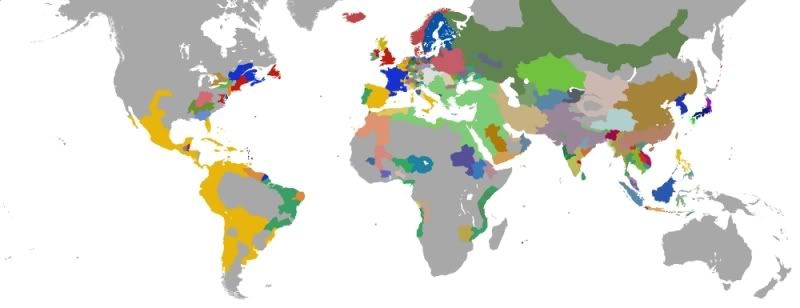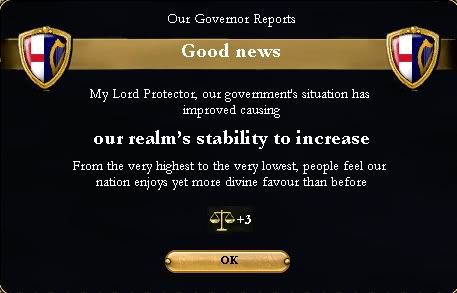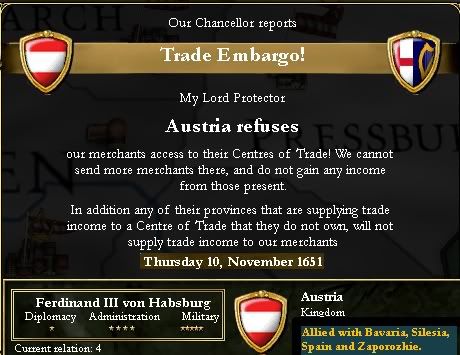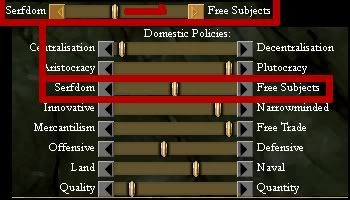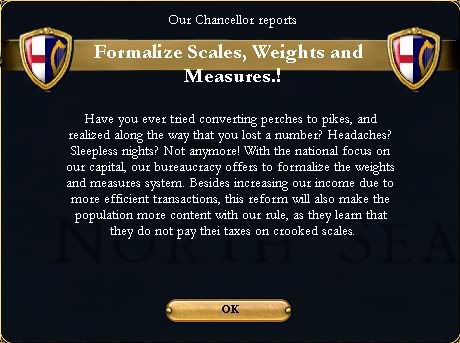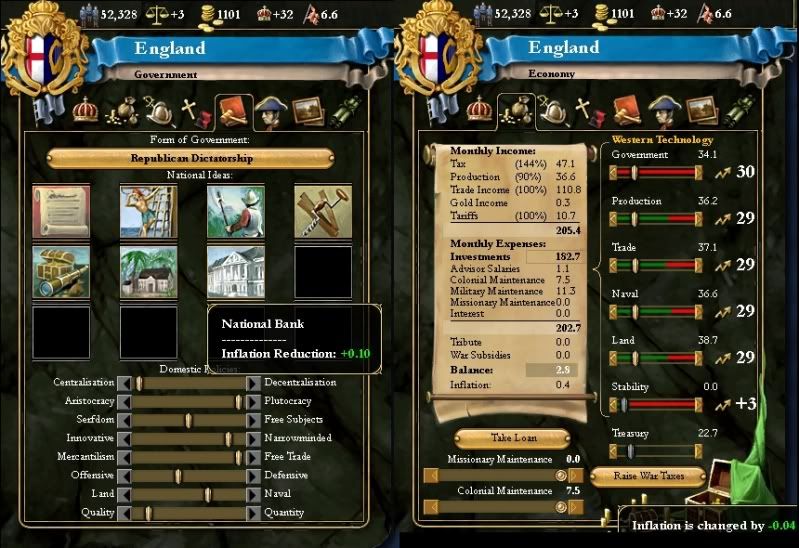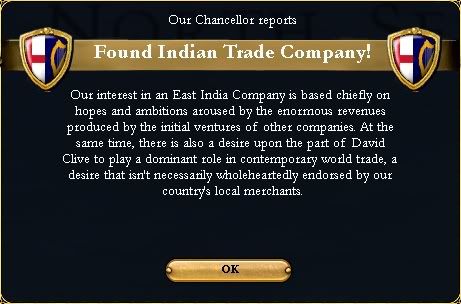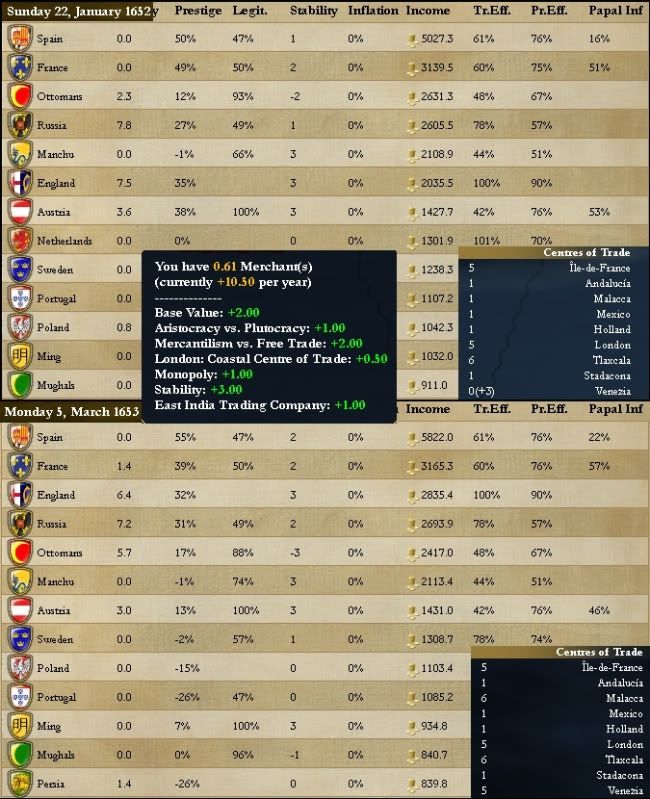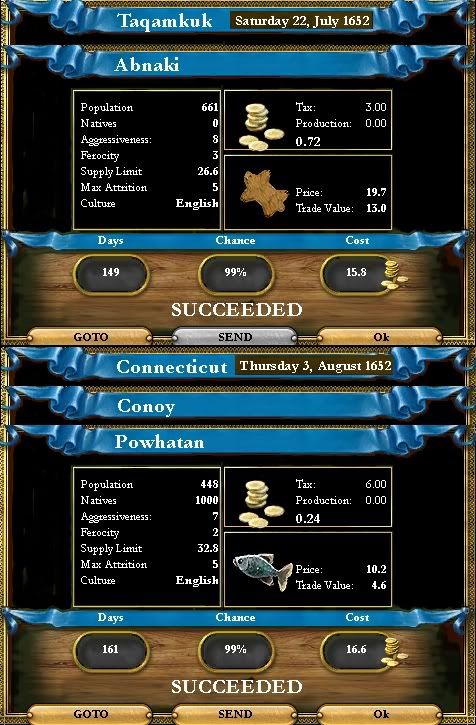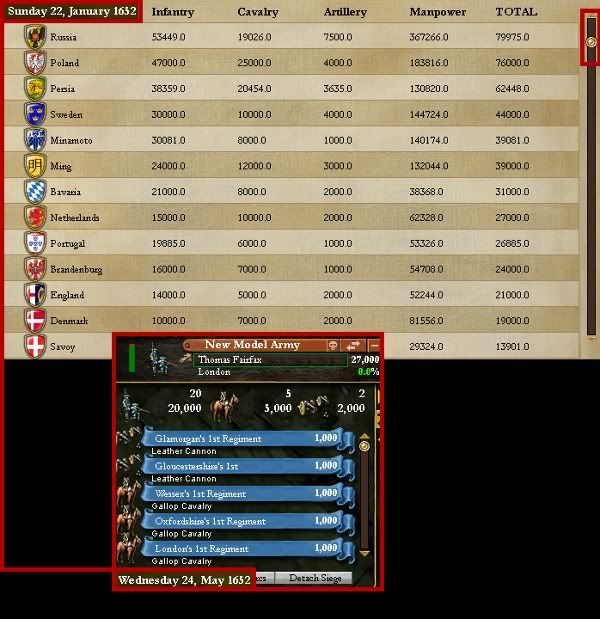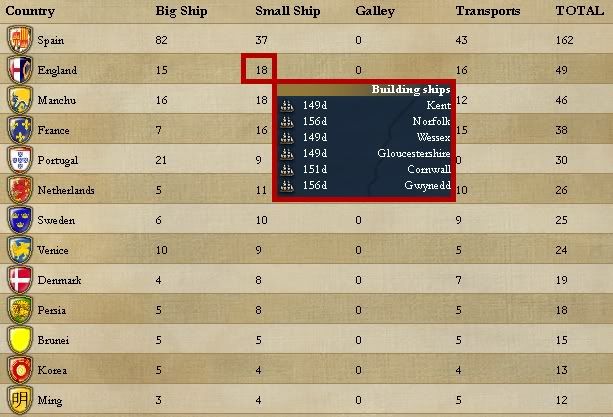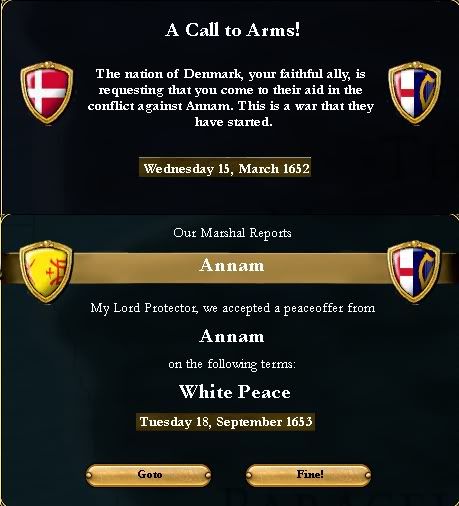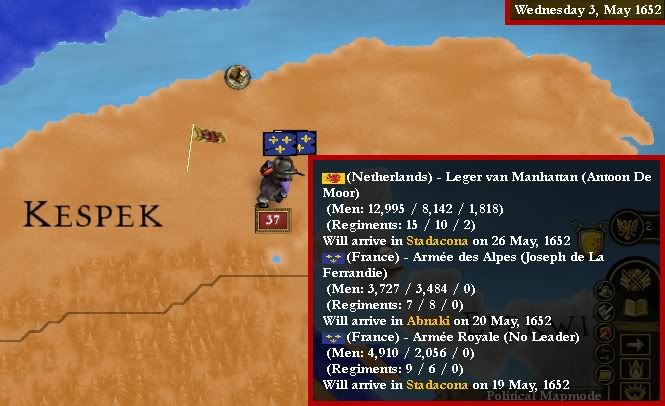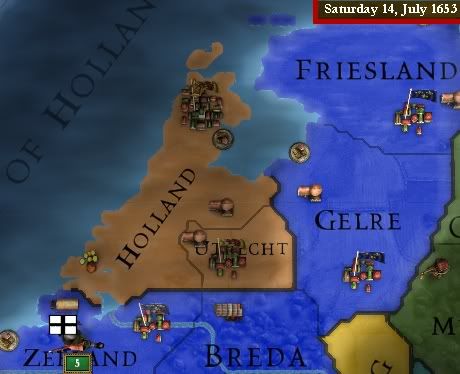Chapter Two
Wherein England Defeats Scotland, Sweden
On March 13, 1650, Ayrshire fell, freeing Monck’s force to assist Cromwell in an assault on Lothian. By April 28, their efforts were successful and that province too fell to English occupation.
Like the Irish navy before, Scottish ships were forced from the safety of port. They met Blake’s squadron on the Firth of Forth. Blake enjoyed only a slight edge in numbers, not enough to ensure victory. His sailors were, after all, weary from a long blockade while their Scottish counterparts were fresh from port. Though the opening salvos were in favor of the well-rested Scottish, Blake’s foresight won the day. The Blue Squadron, which Blake had recalled from the Americas the year before, was patrolling the British Isles on his orders and came upon the engagement from the north, providing Blake more than enough numerical superiority to bring about victory.

After a brief period of rest and reinforcement, Cromwell ordered Monck north to Fife, while he led an army westward. The king of Scotland had made a grave mistake and Cromwell planned to take advantage of it. Instead of concentrating the new regiments he had raised into an effective fighting force, the Scottish king had split them. Cromwell and Monck both had easy victories ahead of them, and they would be the end of any effective Scottish resistance.
News of the New Model Army’s success in Scotland was evidence enough for Commonwealth diplomats to convince the Swedish king to agree to a white peace. Once the threat of Swedish warships was gone, Blake split his force to blockade the entire Scottish coast.
With Sweden out of the war, Scotland was completely hopeless. The king’s new army was defeated, his navy sunk, his ports blockaded, and his population tired of war. All he had to resist Cromwell’s army was his fortress garrisons. Cromwell, reinforced with veterans of the Irish campaign, was making short work of those.
On 10 June, 1651, amidst the jubilation of triumph, tragedy struck. Oliver Cromwell, commander-in-chief of the New Model Army, Lord Protector of the Commonwealth of England, passed away. “I would be willing to live and be farther serviceable to God and his people; but my work is done. Yet God will be with his people.” Cromwell’s body was borne by four of his russet-coated captains; and for his passage, the soldiers’ music and rites of war spoke loudly.
George Monck assumed generalship of the New Model Army as it marched to the final battle of the English Civil War. Of course, he won handily against the hastily recruited Scottish regiment on the Western Isles, and the siege did not last long.
To replace Cromwell in the political capacity, Parliament elected David Clive to the lifetime position of Lord Protector. Clive was skilled in the arts of administration and diplomacy, but he was not the naturally gifted military leader that Cromwell proved himself to be.
Normally the death of a chief magistrate is followed by a period of unrest. Paradoxically, Cromwell’s death marked the end of instability in the young republic. The defeat of the monarchists, combined with the peaceful transfer of power that proved the previously untested republican government, put the population of England well at ease.
Clive’s penchant for diplomacy served him well in his earliest days in office. He assigned fellow diplomat H. van Beverningk to the Council of State to help repair England’s reputation abroad.
Clive also narrowed his diplomatic efforts to a single, unlikely country: France. Clive was one of the few members of Parliament who accepted the French offer of alliance in good faith. He felt there was no reason the relationship founded on ulterior motives couldn’t be made into a genuine partnership. His views were not widely popular, but events worked in his favor. In early September of 1651, there was a native uprising in the undefended English colony of Abnaki. Luckily, a French colonial force was there to put it down. Clive used the opportunity to thank the French and improve relations. Their help in Abnaki made favorable relations with France much more palatable to those who did not previously share Clive’s vision.
Though something of much greater significance would convince men on both sides of the channel of the potential of an earnest Anglo-French alliance. That was the Franco-Dutch War.

The Dutch were England's chief commercial rival, so the French occupation of the Low Countries was well-received news in London. But Clive was more confused than delighted. His confusion arose from the fact that Spain had allowed French troops passage through the Spanish Netherlands. Spain knew France had designs on their territory there, and allowing them to acquire land from the United Provinces would only make the Spanish possessions more attractive. There was tension between the neighboring great powers for years--but now, military access. Clive's curiosity got the better of him and he arranged a personal meeting with the French king's ambassador to England. What he learned was astounding. Since the allegiance of France and England, Spain had been so wary of war that they had adopted a policy of appeasement in their dealings with France. That the alliance could make such a powerful empire willing to grant concessions made leaders of both France and England inclined towards its continuation in good faith.
However, not all of England’s diplomatic successes were Clive’s initiative. In late October an offer of alliance arrived from Denmark. Clive accepted without deliberation as the Danish were a natural ally against further Swedish interloping in English affairs.
The offer of alliance came with a curious request to execute the two hapless Danish couriers. Its legitimacy was suspect, but it bore the royal seal of the Dane and was carried out posthaste.
Unfortunately, the diplomatic front was not without setbacks. The occupation of the Portuguese metropole ended with the Spanish king on the throne. The Anglo-Portuguese alliance was null and void.
The Iberian Personal Union
Yet there was no time to mourn the loss of an ally when the defeat of an enemy was at hand. On November 2, 1651, Scotland surrendered to Commonwealth demands. The parliamentarians were at last victorious over the monarchists. The English Civil War was ended.




















